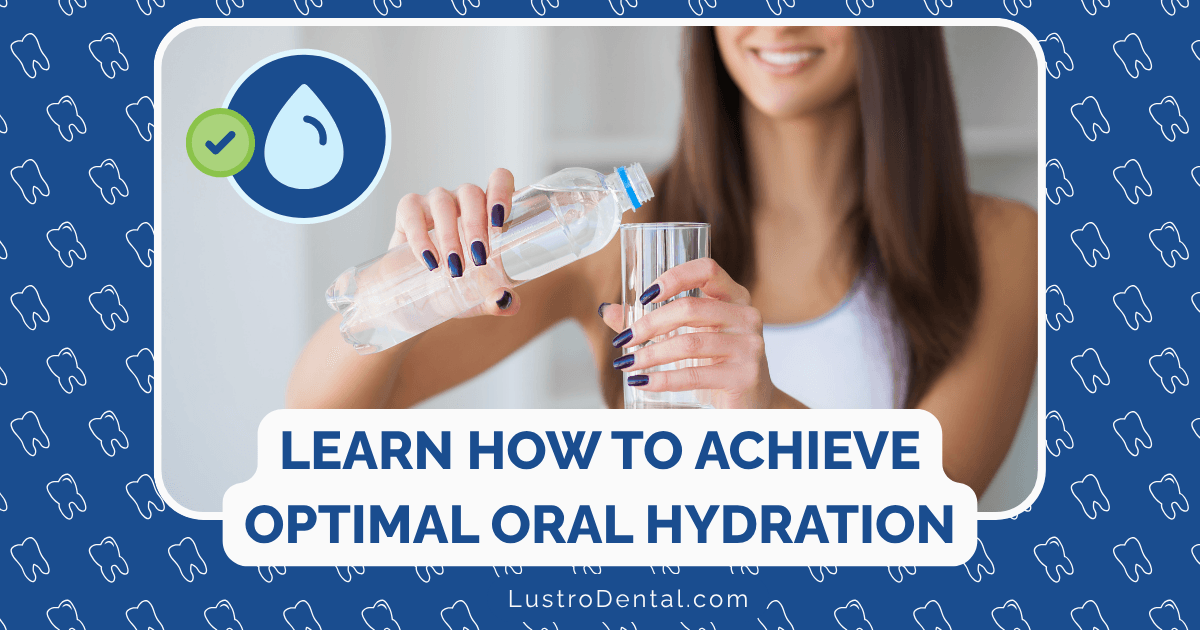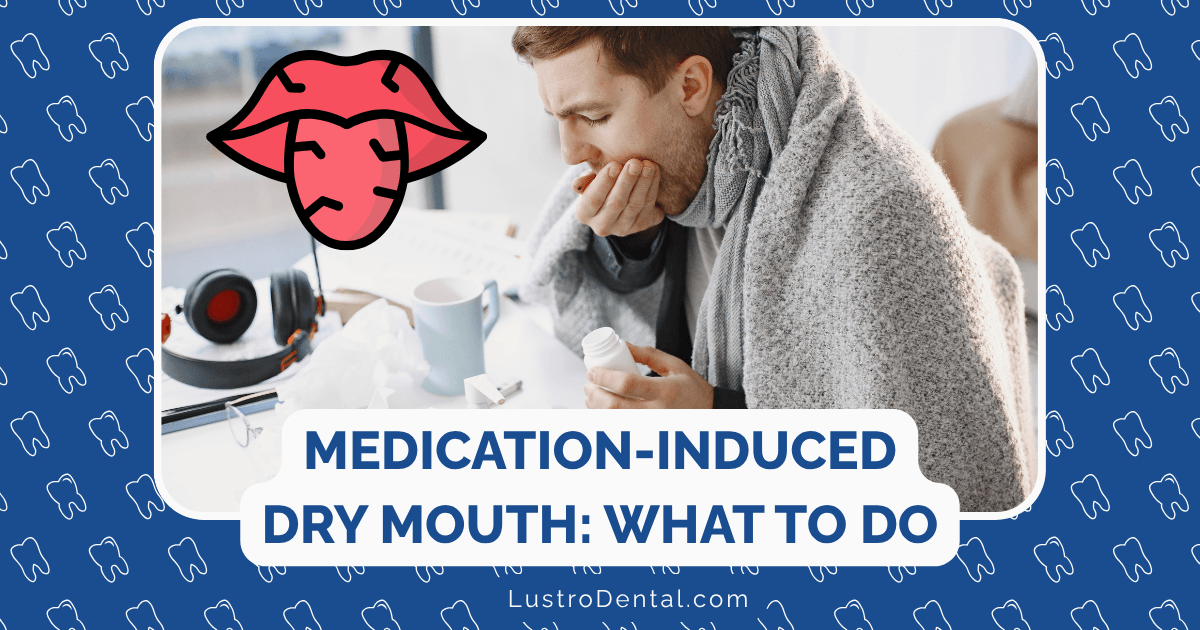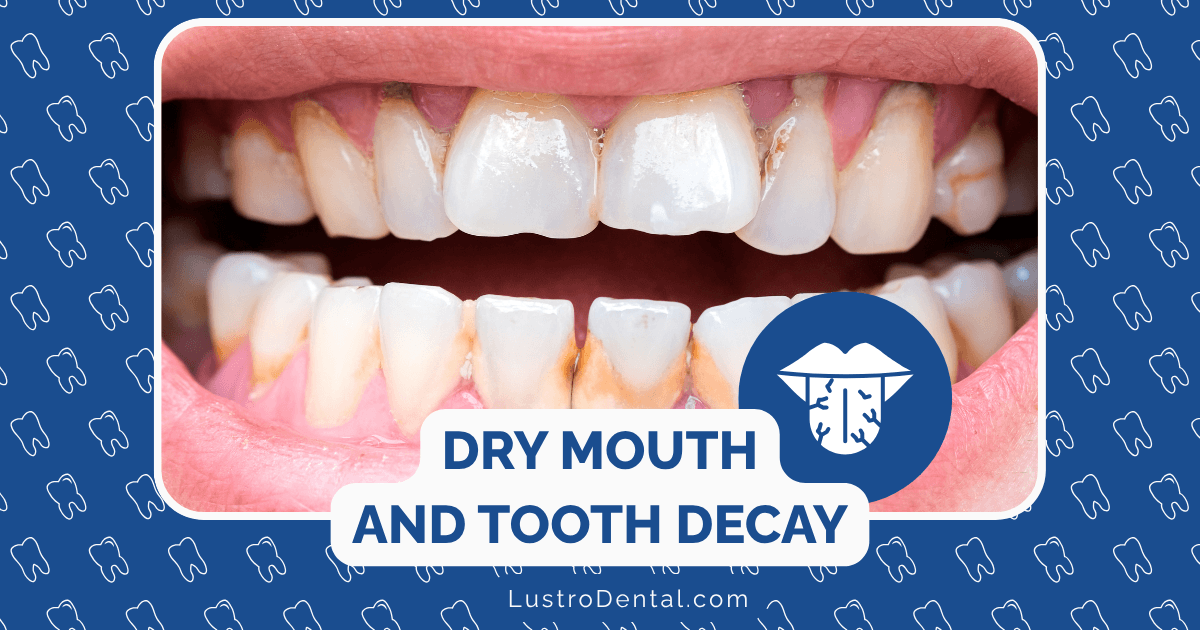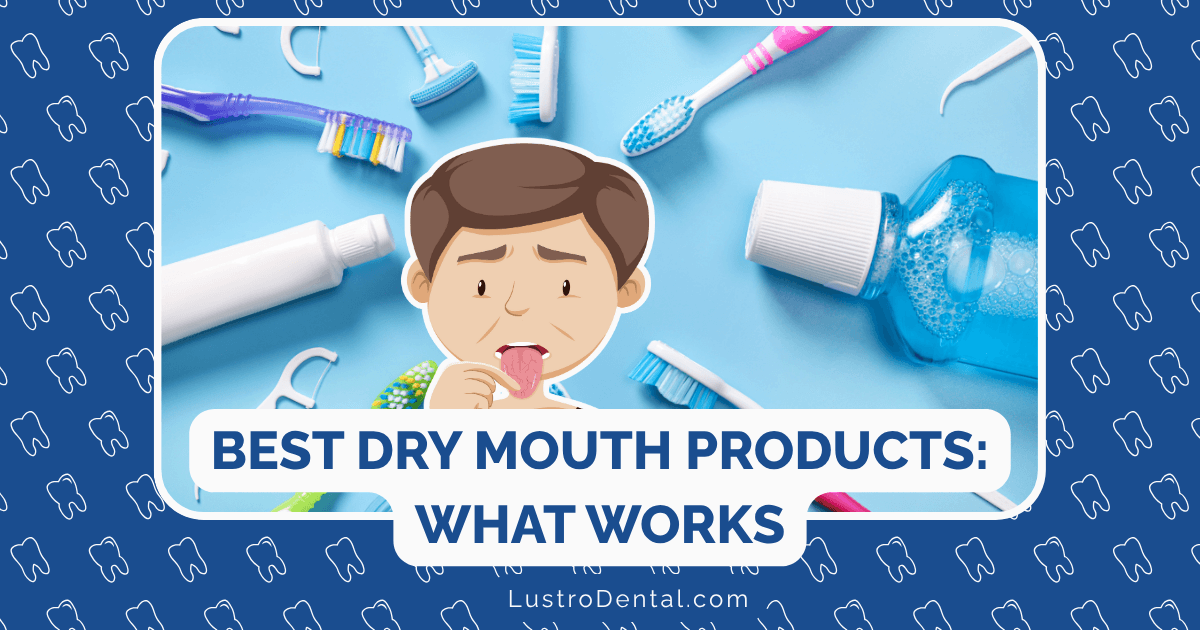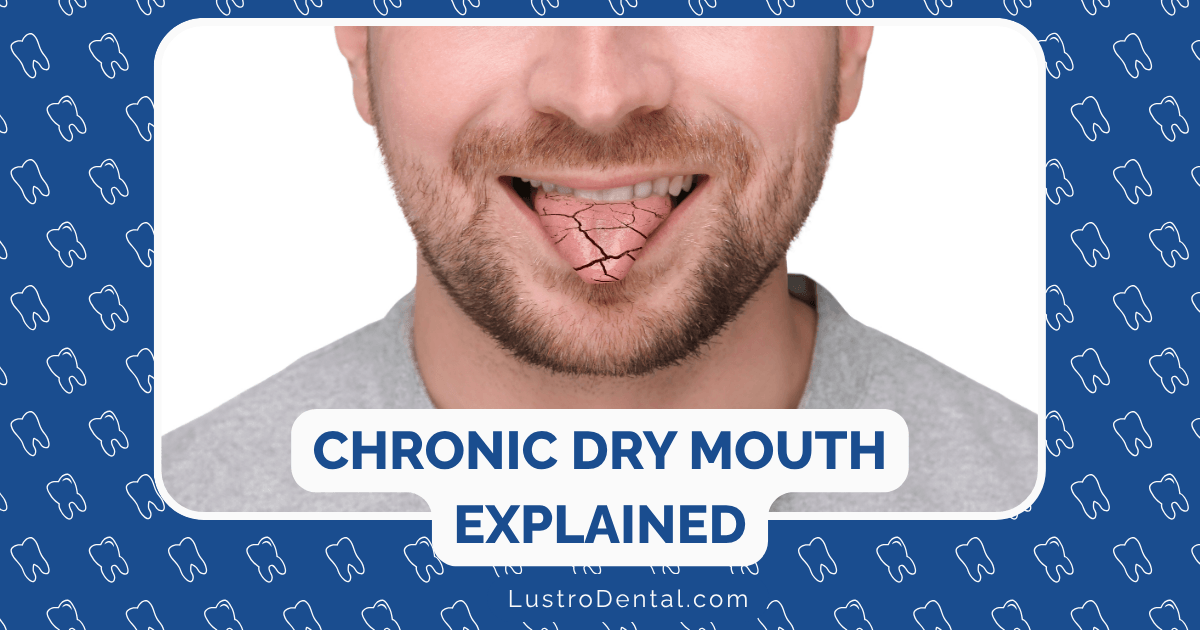Professional Athletes’ Dental Routines: Lessons for Amateur Sports Enthusiasts
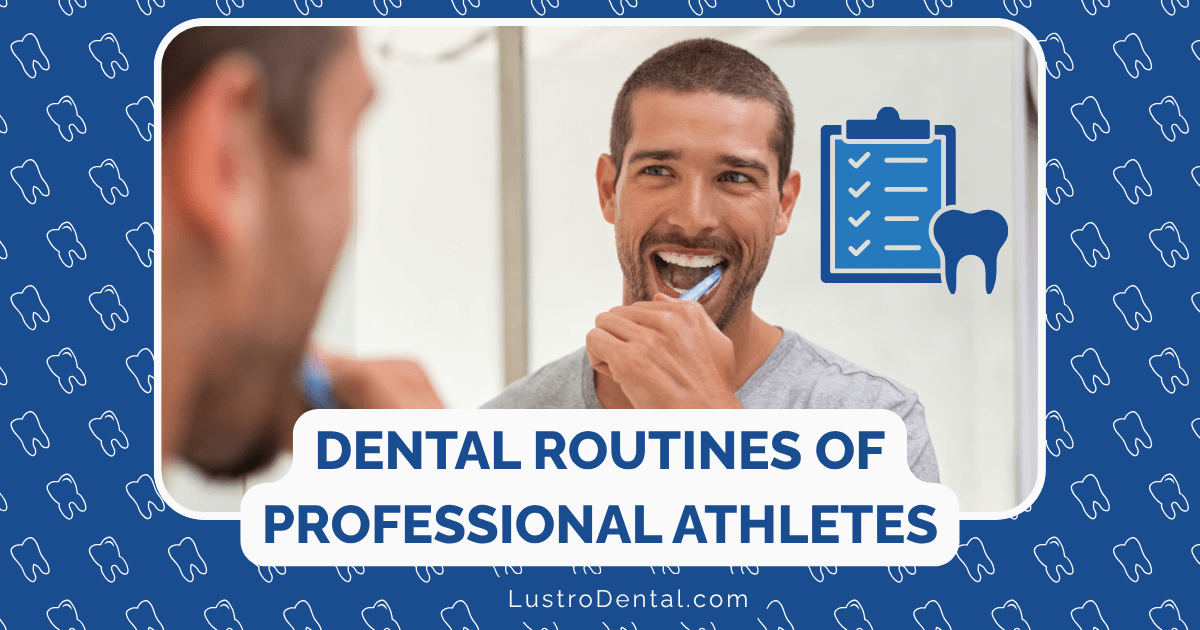
When we admire professional athletes, we typically focus on their physical prowess, mental toughness, and technical skills. What rarely makes the highlight reel, however, is their dental health routine—yet this often-overlooked aspect of elite athletic care can significantly impact performance, recovery, and career longevity. As a dental health advocate who has worked with athletes across various sports, I’ve seen firsthand how oral health can be either a performance enhancer or a hidden liability.
Surprisingly, despite having access to top-tier healthcare, many professional athletes struggle with oral health issues. A comprehensive study from University College London found that 49.1% of elite athletes had untreated tooth decay, and 32% reported that their oral health negatively impacted their training and performance. These statistics are particularly striking considering that 94% of these athletes reported brushing their teeth twice daily—significantly higher than the general population’s 75%.
In this comprehensive guide, we’ll explore the dental routines of professional athletes, examine the unique oral health challenges they face, and extract valuable lessons that amateur sports enthusiasts can apply to their own routines. Whether you’re a weekend warrior or a competitive amateur athlete, these insights from the pros can help you optimize your performance and protect your smile.
The Paradox of Elite Athletes’ Oral Health
Before diving into specific routines and recommendations, it’s important to understand the surprising paradox of oral health in professional sports.
Elite Athletes Often Have Poor Oral Health Despite Good Hygiene Practices
Research consistently shows that professional athletes experience higher rates of dental issues than the general population, despite seemingly better oral hygiene habits:
- High prevalence of dental caries: Studies show that 15-75% of elite athletes have untreated dental decay
- Significant gum disease: 58-85% experience gingivitis, with periodontitis affecting 5-41%
- Dental erosion: Nearly 50% of athletes show signs of enamel erosion
- Impact on performance: Approximately one-third of athletes report that oral health issues negatively affect their training and competition
This paradox exists because professional athletes face unique oral health challenges that can overwhelm even good basic hygiene practices.
Unique Oral Health Challenges for Athletes
Several factors contribute to the increased oral health risks for athletes:
1. Nutrition and Hydration Practices
- High carbohydrate intake: Athletes often consume carb-rich diets to fuel performance, increasing caries risk
- Sports drinks and supplements: 80% of elite athletes regularly consume sports drinks containing sugar and acids
- Frequent snacking: Many athletes eat multiple small meals throughout the day, increasing acid exposure
- Dehydration and dry mouth: Intense exercise reduces saliva flow, compromising its protective functions
2. Physiological Factors
- Exercise-induced immune suppression: High-intensity training can temporarily suppress immune function
- Breathing patterns: Mouth breathing during exercise reduces saliva’s protective effects
- Increased stress hormones: Training stress can affect gum health and inflammation
- Dehydration: Fluid loss during exercise reduces saliva production
3. Lifestyle and Practical Challenges
- Travel schedules: Frequent travel disrupts routine care
- Access to care: Training and competition schedules may limit dental appointment availability
- Fatigue: Physical and mental fatigue can impact adherence to oral hygiene routines
- Prioritization: Dental care often takes a backseat to other aspects of performance
Inside the Dental Routines of Professional Athletes
Despite these challenges, many successful professional athletes have developed comprehensive dental care routines that support their performance goals. Let’s examine some notable examples and common practices:
Cristiano Ronaldo: Meticulous Dental Care as Part of Overall Excellence
Cristiano Ronaldo, one of soccer’s greatest players, is known for his meticulous attention to all aspects of his health—including his teeth:
- Regular professional care: Ronaldo undergoes routine dental check-ups every three months rather than the standard six months
- Comprehensive hygiene: He reportedly brushes after every meal and uses specialized mouthwash
- Preventive approach: He’s undergone wisdom tooth removal proactively to prevent potential issues
- Aesthetic focus: While maintaining a bright smile for public image, his dental care primarily focuses on function and health
- Hydration protocol: Ronaldo is known for his strict hydration regimen, which helps maintain saliva production
Ronaldo’s approach demonstrates how elite athletes integrate dental care into their overall health strategy, viewing it not as a separate concern but as an essential component of peak performance.
LeBron James: Strategic Investment in Dental Health
NBA superstar LeBron James reportedly spends approximately $1.5 million annually on his body, including significant attention to dental health:
- Professional team approach: James works with dental professionals as part of his comprehensive health team
- Advanced technology: He utilizes high-tech dental care including specialized cleaning tools
- Recovery focus: His dental routine includes strategies to reduce inflammation throughout the body
- Customized mouthguards: James uses professionally fitted mouthguards during games to protect his dental investment
- Water flossing: He incorporates water flossing into his daily routine for optimal gum health
James’ approach highlights how elite athletes view dental care as a worthwhile investment that pays dividends in performance and longevity.
Common Elements in Professional Athletes’ Dental Routines
While individual approaches vary, several common elements appear in the dental routines of successful professional athletes:
1. Frequency and Consistency
- Multiple daily brushings: Many athletes brush 3-4 times daily, often after meals and training sessions
- Regular flossing: Daily flossing or interdental cleaning is standard
- Consistent professional care: More frequent dental visits (every 3-4 months rather than 6)
2. Specialized Products and Techniques
- Electric toothbrushes: The majority use high-quality electric toothbrushes for more effective cleaning
- Prescription-strength products: Many use higher-fluoride toothpastes prescribed by their dentists
- Antimicrobial mouthwashes: Specialized rinses to control oral bacteria
- Water flossers: For more thorough interdental cleaning
- Custom night guards: Many use night guards to prevent damage from stress-related grinding
3. Integration with Overall Health Protocols
- Coordinated care: Dental professionals work alongside other health specialists
- Nutrition timing: Coordinating dental care with nutrition timing (for example, avoiding brushing immediately after acidic sports drinks)
- Hydration strategies: Specific approaches to maintain saliva flow
- Inflammation management: Viewing oral health as part of systemic inflammation control
4. Protective Equipment
- Custom mouthguards: Professionally fitted for both protection and performance
- Sport-specific designs: Mouthguards designed for specific breathing and communication needs
- Regular replacement: Replacing mouthguards more frequently than amateur athletes typically do
Lessons Amateur Athletes Can Apply
Now that we understand professional athletes’ approaches to dental care, let’s extract practical lessons that amateur sports enthusiasts can implement:
1. Develop a Sport-Specific Oral Hygiene Routine
Different sports create different oral health challenges. Tailor your approach based on your activity:
For Endurance Athletes (Runners, Cyclists, Triathletes)
- Hydration focus: Carry water to sip frequently during training to maintain saliva flow
- Post-workout rinse: Rinse with water immediately after consuming sports nutrition products
- Timing matters: Wait 30-60 minutes after consuming acidic sports drinks before brushing
- Portable options: Keep disposable toothbrushes or brushing wipes in your training bag
Pro tip from the elites: Many professional cyclists carry a small bottle of water specifically for rinsing their mouths after consuming energy gels, separate from their primary hydration.
For Team Sport Athletes (Basketball, Soccer, Hockey)
- Mouthguard hygiene: Clean your mouthguard before and after each use
- Hydration during breaks: Use timeouts and quarter breaks to hydrate and rinse
- Post-game routine: Establish a consistent post-game oral hygiene routine
- Travel kit: Maintain your routine during away games with a well-stocked travel kit
Pro tip from the elites: Professional soccer teams often have dental stations in their locker rooms for immediate post-game rinses and quick oral hygiene.
For Strength and Power Athletes (Weightlifting, CrossFit)
- Breathing awareness: Be conscious of mouth breathing during intense efforts
- Grinding protection: Consider a night guard if stress leads to teeth grinding
- Supplement protocol: If using pre-workout supplements (often acidic), rinse afterward
- Hydration between sets: Maintain hydration to support saliva production
Pro tip from the elites: Many Olympic weightlifters use specialized mouthguards during heavy lifts to prevent damage from clenching and to potentially enhance performance.
2. Optimize Your Sports Nutrition for Dental Health
Professional athletes carefully balance performance nutrition with oral health considerations:
Hydration Strategies
- Water first: Make water your primary hydration source
- Strategic sports drink use: Reserve sports drinks for longer or more intense sessions
- Rinse after consuming: Rinse your mouth with water after sports drinks
- Consider alternatives: Explore lower-sugar electrolyte options
Nutrition Timing and Choices
- Pair acidic or sugary foods with neutralizers: Consume dairy or nuts alongside acidic foods
- Limit continuous snacking: Allow time between fueling for saliva to neutralize acids
- Choose tooth-friendly options when possible: Opt for less processed carbohydrate sources
- Post-workout recovery: Include calcium-rich foods in recovery meals to support remineralization
Supplement Considerations
- Chewable supplements: Be aware that chewable vitamins and tablets often contain acids and sugars
- Powder mixing: Mix powdered supplements thoroughly to minimize residue on teeth
- Timing: Consider taking supplements with meals rather than between meals
Pro tip from the elites: Many professional athletes work with both nutritionists and dentists to develop fueling plans that support performance while minimizing oral health risks.
3. Invest in Appropriate Protective Equipment
Professional athletes understand that proper protective equipment is a worthwhile investment:
Mouthguards: Beyond Basic Protection
- Custom-fitted options: Consider professionally made mouthguards for superior protection and comfort
- Sport-specific designs: Different sports have different requirements for communication and breathing
- Regular replacement: Replace mouthguards when they show signs of wear or damage
- Proper storage and cleaning: Keep mouthguards clean and store them in ventilated containers
Additional Protective Gear
- Face shields and cages: For sports with high facial impact risk
- Helmets with proper fit: Ill-fitting helmets can increase dental injury risk
- Combination protection: Some sports benefit from multiple protective elements
Pro tip from the elites: Many professional athletes have multiple mouthguards—different ones for training versus competition, and backups in case of loss or damage.
4. Develop a Relationship with a Sports-Aware Dental Professional
Professional athletes work closely with dental professionals who understand their unique needs:
Finding the Right Dental Partner
- Sports dentistry experience: Look for dentists with experience treating athletes
- Preventive focus: Prioritize professionals who emphasize prevention
- Scheduling flexibility: Find practices that accommodate athletic schedules
- Emergency protocols: Establish what to do in case of dental emergencies
Collaborative Approach
- Share your training schedule: Help your dentist understand your athletic demands
- Discuss nutrition: Be open about your sports nutrition practices
- Regular monitoring: Consider more frequent check-ups during intense training periods
- Coordinate care: Ensure your dentist and other healthcare providers communicate
Pro tip from the elites: Professional teams often have dental professionals conduct pre-season screenings to identify and address potential issues before they affect performance.
5. Create Emergency Protocols
Professional athletes and teams have established protocols for dental emergencies:
Know What to Do When Injuries Occur
- Tooth avulsion (knocked-out tooth): Store in milk or a tooth preservation solution and seek immediate care
- Fractures: Collect fragments if possible and see a dentist promptly
- Soft tissue injuries: Control bleeding with pressure and seek appropriate care
Prepare an Emergency Kit
- Tooth preservation kit: Products like Save-A-Tooth can preserve knocked-out teeth
- Contact information: Keep your dentist’s emergency contact information readily available
- Pain management: Appropriate pain relievers for temporary relief
Pro tip from the elites: Many professional teams have dentists on call during games and competitions to provide immediate care when dental emergencies occur.
Implementing a Professional-Grade Oral Health Routine
Now that we’ve covered the key lessons from professional athletes, let’s put it all together into a comprehensive approach that amateur athletes can implement:
Daily Routine
Morning:
- Brush thoroughly with fluoride toothpaste (2 minutes minimum)
- Floss or use interdental cleaners
- Consider a fluoride or antimicrobial mouthwash
- Hydrate well before training
Pre-Workout/Practice:
- Ensure proper hydration
- Consider wearing a mouthguard for appropriate activities
- Have water available for frequent sipping
During Activity:
- Maintain hydration with regular sipping
- Rinse mouth with water after consuming sports nutrition products
- Be mindful of mouth breathing
Post-Workout/Practice:
- Rinse mouth immediately after session
- Wait 30-60 minutes before brushing if consuming acidic sports drinks
- Rehydrate properly
Evening:
- Brush thoroughly (2 minutes minimum)
- Floss or use interdental cleaners
- Consider a fluoride rinse for additional protection
- Use a night guard if you grind your teeth
Weekly Routine
- Clean and inspect mouthguards and other protective equipment
- Assess your oral health status and note any concerns
- Ensure dental supplies are well-stocked and accessible
Monthly Routine
- Evaluate your oral health routine’s effectiveness
- Replace toothbrushes or electric toothbrush heads
- Check mouthguards for wear and damage
Quarterly/Bi-Annual Routine
- Schedule regular dental check-ups and cleanings
- Discuss any changes in your training or nutrition with your dental professional
- Update emergency protocols and contacts as needed
Success Stories: When Dental Care Enhances Performance
To illustrate the potential impact of implementing professional-grade dental care, consider these real-world examples:
The Marathon Runner with Unexplained Fatigue
Sarah, a competitive amateur marathon runner, struggled with unexplained fatigue during training. Despite proper nutrition, hydration, and rest, she couldn’t maintain her expected performance level. A comprehensive dental examination revealed significant periodontal inflammation that was contributing to systemic inflammation and fatigue.
After addressing her gum health through improved oral hygiene, professional treatment, and more frequent dental visits, Sarah experienced:
- Reduced inflammatory markers in blood tests
- Improved recovery between training sessions
- A personal best in her next marathon
The Basketball Player with Recurring Injuries
Marcus, a collegiate basketball player, experienced recurring muscle strains despite proper conditioning and recovery protocols. A dental screening revealed significant night grinding (bruxism) and associated muscle tension extending from his jaw to his neck and shoulders.
After being fitted with a custom night guard and addressing his dental health more comprehensively, Marcus saw:
- Reduced muscle tension throughout his upper body
- Fewer soft tissue injuries
- Improved sleep quality
- More consistent performance
The Cyclist with Mysterious Enamel Erosion
Elena, a dedicated amateur cyclist, was diagnosed with severe enamel erosion despite good basic oral hygiene. Analysis of her training nutrition revealed that her practice of sipping sports drinks continuously throughout long rides was creating an acidic oral environment for hours at a time.
After modifying her hydration strategy to include more water, rinsing after consuming sports drinks, and implementing a remineralization protocol recommended by her dentist, Elena:
- Halted the progression of enamel erosion
- Reduced tooth sensitivity
- Maintained performance while protecting her dental health
Conclusion: Small Changes, Significant Impact
Professional athletes understand that optimal performance requires attention to every detail—including oral health. While their resources and support systems may exceed what’s available to amateur athletes, the principles they follow can be adapted to any level of sport.
By implementing the lessons from professional athletes’ dental routines, amateur sports enthusiasts can:
- Reduce their risk of performance-limiting dental problems
- Potentially enhance recovery and reduce inflammation
- Protect their dental health for lifelong function and comfort
- Avoid costly and painful dental emergencies
Remember that like any aspect of athletic training, consistency is key. Small, sustainable changes to your oral health routine—maintained over time—will yield greater benefits than short-lived, dramatic overhauls.
Whether you’re a weekend warrior or a competitive amateur athlete, your smile deserves the same level of care and attention as the rest of your training regimen. Your performance—and your teeth—will thank you.


